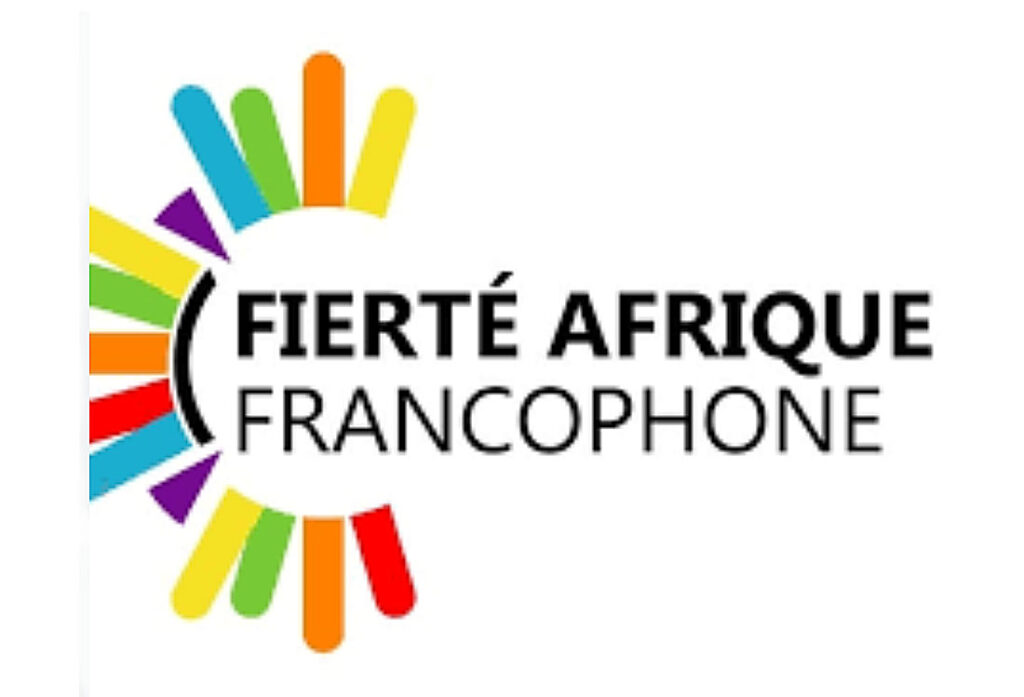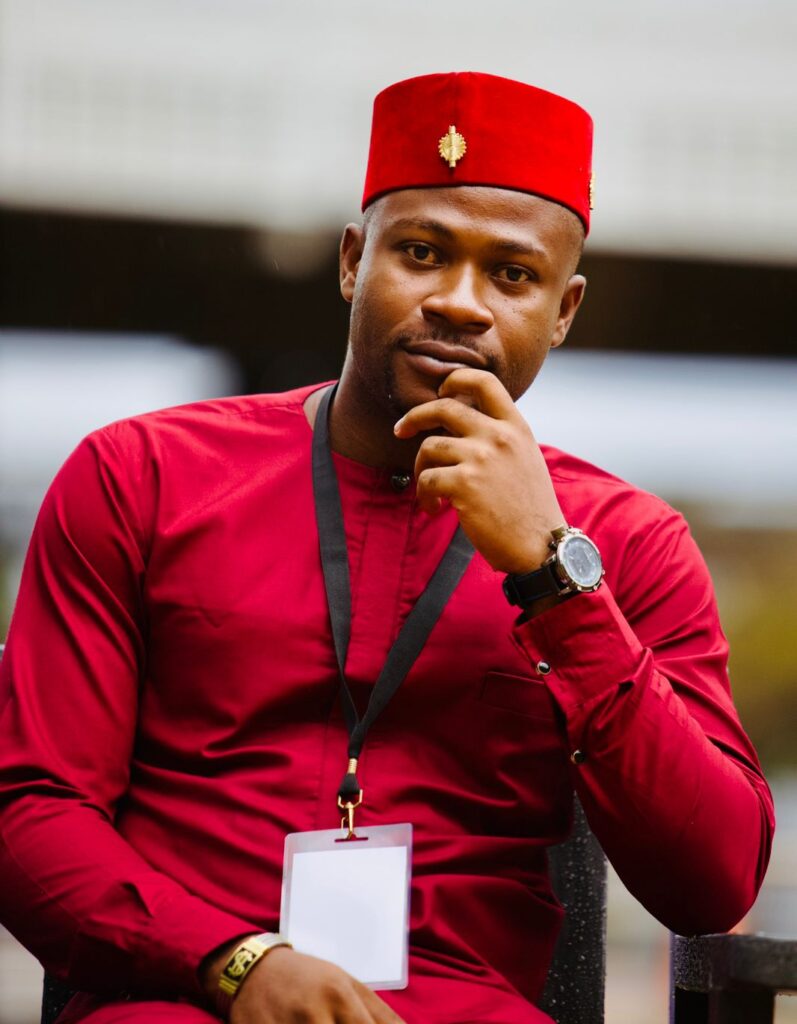Pan-Africanism: West African gathering will push for rights of LGBT French-speakers
Moïse Manoël-Florisse, is an African-Caribbean online journalist keeping an eye…
Fierté Afrique Francophone invites African human rights defenders to meet in November

Defenders of the human rights of French-speaking African sexual and gender minorities will meet in Ivory Coast in November to coordinate and strengthen efforts on behalf of LGBTQ rights throughout French-speaking Africa.
Fierté Afrique Francophone is inviting all defenders of sexual and gender minority rights in French-speaking Africa to come to Abidjan, Cote d’Ivoire, this November for a two-day meeting.
The organization originated in 2019, but only became a force to reckon with this year.
In an interview, Joseph Messinga-Nkonga of Cameroon, the permanent secretary of Fierté Afrique Francophone, explains the reasons behind the creation of this new network.
Erasing 76 Crimes: What was the starting point for Fierté Afrique Francophone?
Joseph Messinga-Nkonga: As Francophones on the African continent, we’d been marginalized for a long time, and most meeting spaces and documents aimed at human rights defenders were in English. What’s more, during Covid, English-speaking African activists launched “Pride Afrique”, so for our part, we stopped being inhibited and launched Fierté Afrique Francophone in West Africa in order to be visible and show that we exist. It’s important to remember that, even today, many donors only fund projects in English.
Today, around a hundred organizations have joined us, because each of us in different countries was facing the same difficulties.

Erasing 76 Crimes: What are the main achievements of Fierté Afrique Francophone so far?
Joseph Messinga-Nkonga: Concretely, we recently launched two funds. The Woubi fund is a flexible, feminist financing mechanism to enable small organizations to carry out development projects. The Carlos Idibouo fund aims to help victims of gender-based violence, notably human rights defenders at risk.
In addition, we carry out other related activities that are linked to advocacy. This work is done through the Eding program, which serves to strengthen activists’ knowledge of fundamental and universal rights, with a view to building strategic legal challenges such as the one that led to Botswana decriminalizing homosexuality in 2019, thanks to a decision by the local Supreme Court of Justice.
Erasing 76 Crimes: How do you position yourself in relation to recent developments in the sub-Saharan region, with the recent coups d’état (Sudan in 2019 and 2021, Mali in 2020 and 2021, Guinea in 2021, Burkina Faso in 2022, and Niger in 2023)? What are the specificities of French-speaking Africa as a whole with regard to LGBT+ people?
Joseph Messinga-Nkonga: On the whole, there are countries where we find it harder to mobilize than others. I’m thinking of Burundi, Rwanda, Niger, Guinea, Mauritania and Madagascar, as well as North Africa in general and Morocco in particular.
In addition, even if explicitly LGBTphobic laws do not always exist in all countries, we observe that there are other levers for arbitrarily arresting human rights defenders: offences against morality, accusations of occult practices.
With regard to the military coups d’état that took place this year in the Sahel, Fierté Afrique Francophone remains faithful to the foundations of democratic values — peace, justice and acceptance of others.
However, against a backdrop of restricted public discourse, defenders of the rights of sexual and gender minorities are adopting a wait-and-see attitude. The medium to long term remains paved with great uncertainty. We still don’t know whether these regimes are a parenthesis or a new authoritarian era in the region.
This is why our first pan-African meeting will take the form of a general assembly, to discuss the effectiveness of our actions in favor of human rights, in today’s generally difficult African context.
And to take things a step further, we’d like to take stock of the history of our struggles on behalf of sexual and gender minorities so that we can reconcile ourselves with our militant past,while bringing together the different strata of activist generations to share our experiences.
We look forward to seeing pan-Africans who share our struggles and values in Abidjan, Côte d’Ivoire, in November, to support the alliance we are building.
For more information, contact Fierté Afrique Francophone.




Homosexuality has always been African, but the term LGBT is new and divisive